HIVE MUSIC FESTIVAL Week 54 Third Round (ENG-ESP): "Ngika eKhaya" by @jasperdick (original song)
22
About :
(Traducción al español al final del post)
Hello everybody on HIVE, and especially the Music Zone Community. My name is Jasper and I'm writing (and singing) to you from Cape Town in South Africa! Welcome to Week 54 / Round 3 of the Hive Music Festival!
Last week I sang a song in isiZulu (the most spoken first language in South Africa) instead of English. It was a song by Juluka, and they were heavily influenced by the traditional Maskandi (Zulu Street-guitar music) genre. In last week’s post I wrote about how Juluka’s blend of traditional Zulu music and more Western styles (often with English verses but isiZulu lyrics) came about. (https://ecency.com/hive-120026/@jasperdick/hjyjizeb)
Their music became a symbol of the fight against the political Apartheid system, where the different racial groups were segregated by law. Because of that, their music has become much beloved as a way to represent the freer “New South Africa” since Apartheid ended.
In last week’s video, I committed to trying to create an original song of my own (hence I’m not wearing my “cover hat”) in the Maskandi style. So, what are the basics of Maskandi? Usually, the high string is tuned down to D, and the guitar player wears a thumb and first finger pick. He then usually does something similar to “flat-picking”, but often the two notes (a treble and a bass) are played at the same time.
Here is the legend himself, the white “honourary Zulu”, Johnny Clegg of Juluka, to give you a taste of what I am trying to do…
So, with that style, and the phrase “Ngiya eKhaya. Ngiya hamba, ngiya ekhaya (I’m going home. I’m going, I am going home)” – I have started the first draft of a song about a South Africa stuck in a rainy, gloomy place like London and longing to come home to the weather, the people, the culture, the humour and the beauty of South Africa! (I have some friends who are tired of the UK and making plans to return!)
What song will I be doing next? Thank you so much for tuning in! I really appreciate it!
Lyrics for "Ngiya eKhaya” by @jasperdick (original first-draft)
Ngiya ekhaya
Ngiya hamba, ngiya ekhaya
I’m going, I’m going home
I’m going, I am going home
I’m so tired and lonely in this town
The rain and the grey, it drags me down
A longing for my homeland starts to burn…
I count the days and hours ‘til my return…
Ngiya ekhaya
Ngiya hamba, ngiya ekhaya
I’m going, I’m going home
I’m going, I am going home
… (more to come)…
(ESP)
Hola a todos en HIVE, y especialmente a la comunidad Music Zone. ¡Mi nombre es Jasper y les escribo (y canto) desde Ciudad del Cabo en Sudáfrica! ¡Bienvenidos a la Semana 54/Ronda 3 del Hive Music Festival!
La semana pasada canté una canción en isiZulu (el primer idioma más hablado en Sudáfrica) en lugar de inglés. Era una canción de Juluka y estaban fuertemente influenciados por el género tradicional Maskandi (música de guitarra callejera zulú). En la publicación de la semana pasada escribí sobre cómo surgió la combinación de música tradicional zulú de Juluka y estilos más occidentales (a menudo con versos en inglés pero letras isiZulu). (https://ecency.com/hive-120026/@jasperdick/hjyjizeb)
Su música se convirtió en un símbolo de la lucha contra el sistema político del Apartheid, donde los diferentes grupos raciales estaban segregados por ley. Por eso, su música se ha vuelto muy querida como una forma de representar la “Nueva Sudáfrica” más libre desde que terminó el Apartheid.
En el vídeo de la semana pasada, me comprometí a intentar crear una canción original propia (por eso no llevo mi “sombrero de portada”) al estilo Maskandi. Entonces, ¿cuáles son los conceptos básicos de Maskandi? Por lo general, la cuerda aguda está afinada en D y el guitarrista usa una púa para el pulgar y el índice. Luego suele hacer algo similar a “puntear bemol”, pero a menudo las dos notas (un agudo y un bajo) se tocan al mismo tiempo.
Aquí está la leyenda misma, el “zulú honorario” blanco, Johnny Clegg de Juluka, para darles una idea de lo que estoy tratando de hacer...
Entonces, con ese estilo y la frase “Ngiya eKhaya. Ngiya hamba, ngiya ekhaya (Me voy a casa. Me voy, me voy a casa)” – He comenzado el primer borrador de una canción sobre una Sudáfrica atrapada en un lugar lluvioso y sombrío como Londres y anhelando volver. ¡Hogar del clima, la gente, la cultura, el humor y la belleza de Sudáfrica! (¡Tengo algunos amigos que están cansados del Reino Unido y hacen planes para regresar!)
¿Qué canción haré a continuación? ¡Muchas gracias por sintonizarnos! ¡Realmente lo aprecio!
Letra de "Ngiya eKhaya” de @jasperdick (primer borrador original)
Ngiya ekhaya
Ngiya hamba, ngiya ekhaya
Me voy, me voy a casa
Me voy, me voy a casa
Estoy tan cansado y solo en esta ciudad
La lluvia y el gris me arrastran hacia abajo.
Un anhelo por mi patria comienza a arder...
Cuento los días y las horas hasta mi regreso...
Ngiya ekhaya
Ngiya hamba, ngiya ekhaya
Me voy, me voy a casa
Me voy, me voy a casa
… (más por venir)…
Tags :
Their limit for today is $0!
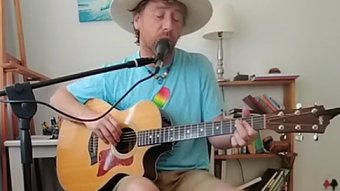
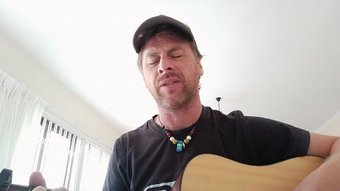
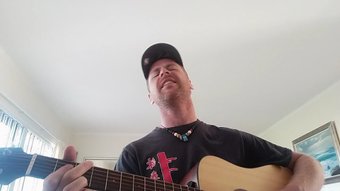
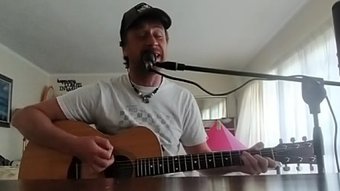
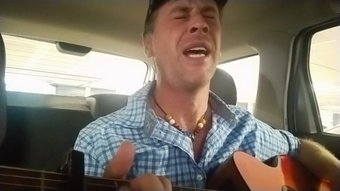






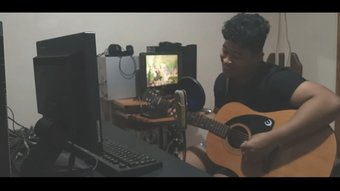
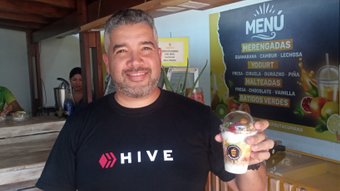
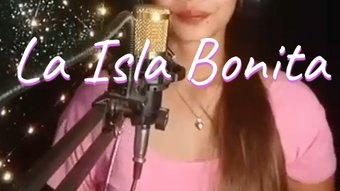
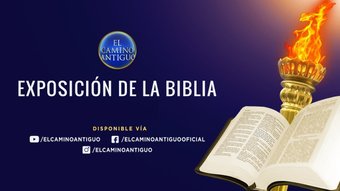


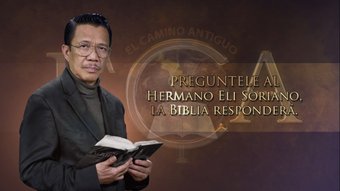

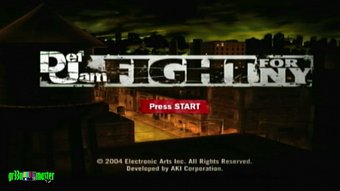
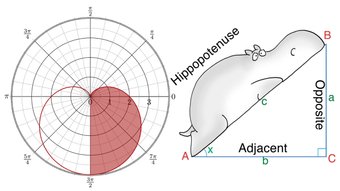
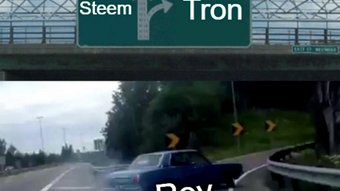
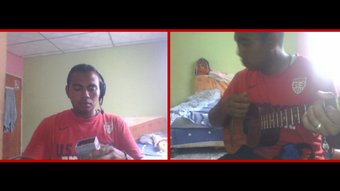
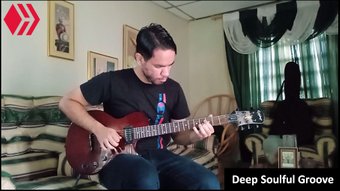

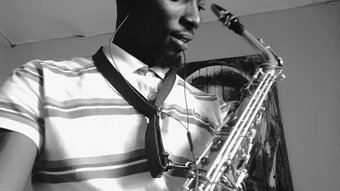

Comments:
Reply:
To comment on this video please connect a HIVE account to your profile: Connect HIVE Account